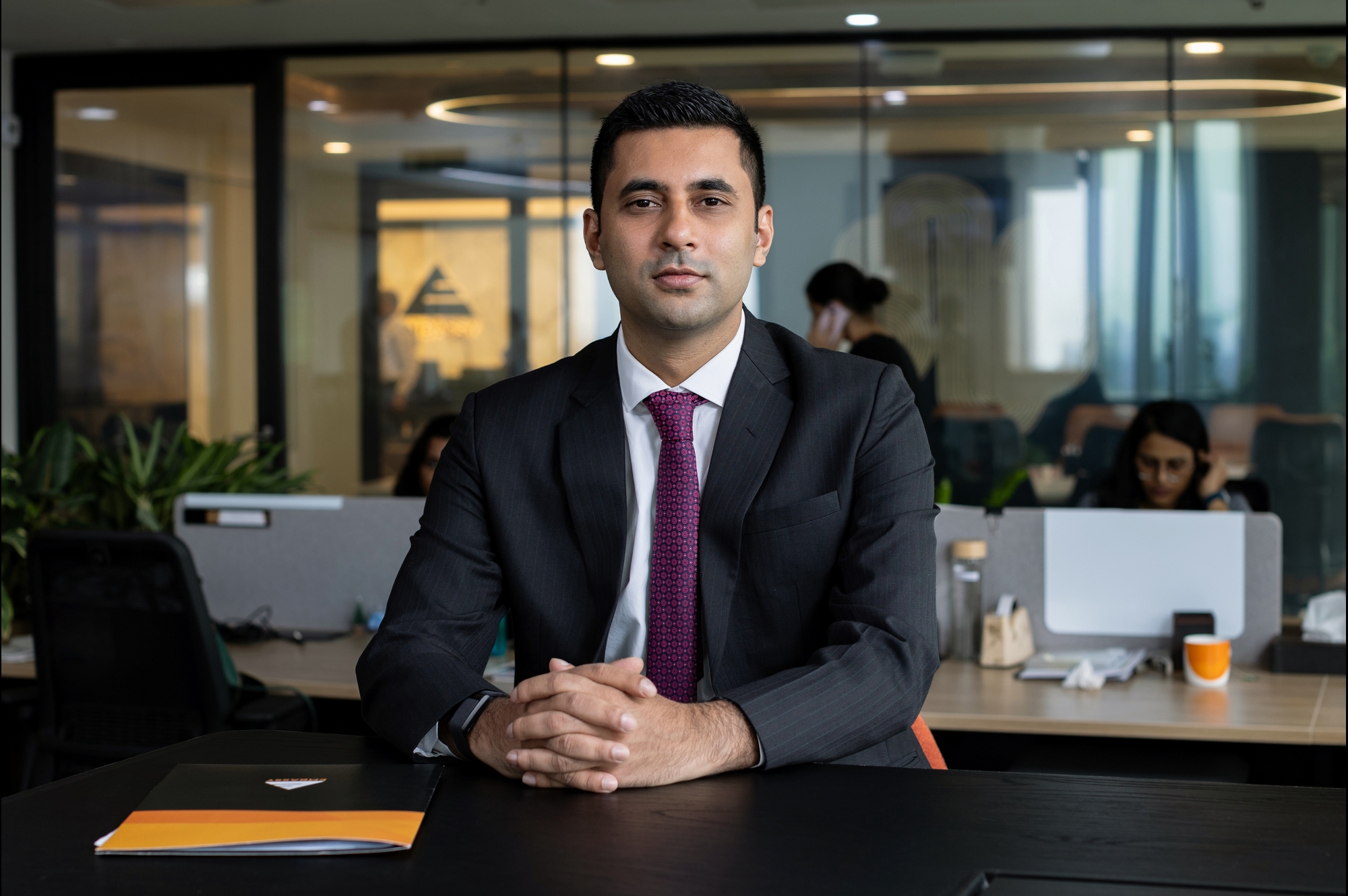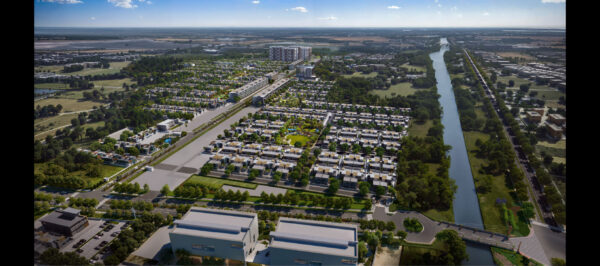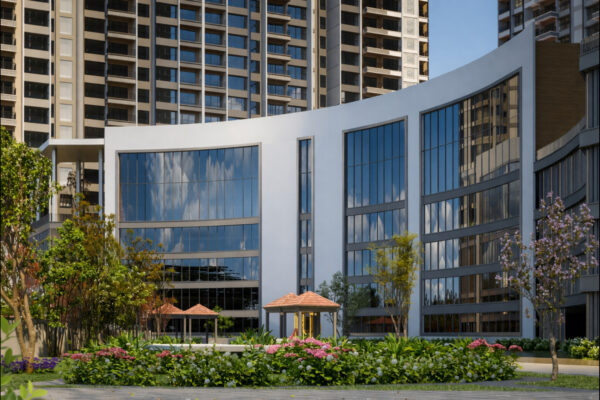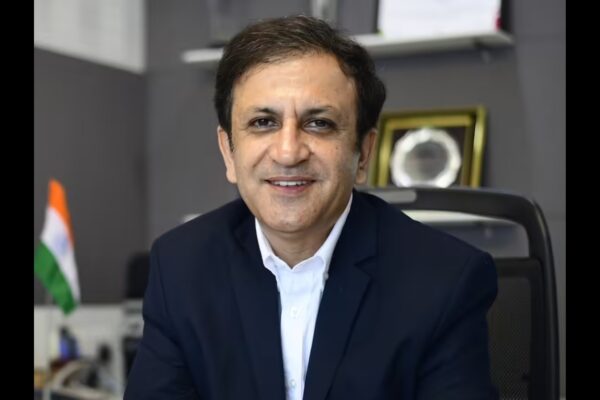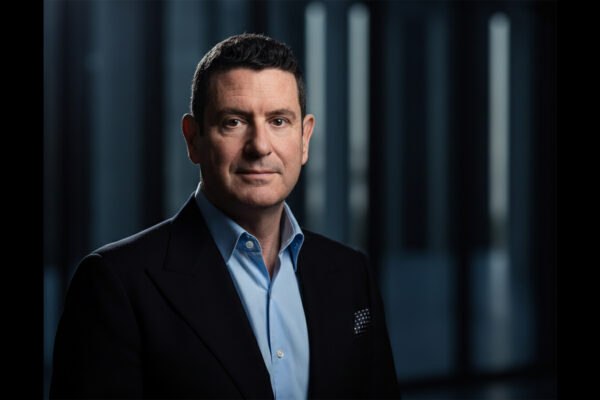Interview: Saarang Ganapathi, CEO, Embassy Services
Consistency stems from standardized processes, centralized expertise, and technology-driven oversight
How do you define Integrated Facility Management (IFM) in the context of Embassy Services, and how is it different from traditional property management?
At Embassy Services, Integrated Facility Management (IFM) is a comprehensive, end-to-end approach that manages not only the day-to-day upkeep of properties but also integrates technical, soft, security, and management services under a single umbrella. Unlike traditional property management, which typically handles isolated services like housekeeping or security, our IFM model consolidates all services into a unified framework, supported by our Specialist Services Group (SSG), a team of subject matter experts in MEP, Soft Services, Landscaping, Waste & Water management, and ESG & EHS. Our differentiator is our owned workforce partners – TCFM and Paledium Security who provide the technical, soft services workforce, security and security personnel on-ground. Beyond IFM, ESPL also provides renewable energy advisory, Project Management Consultancy for interior fit-outs, asset upgradation, and refurbishment projects, making us a one-stop solution for all property lifecycle needs.
Embassy Services operates with both owned assets and client properties — how does IFM help you deliver consistency across such a large and diverse portfolio?
Consistency stems from standardized processes, centralized expertise, and technology-driven oversight. Established in 1995 by Embassy Group to manage its owned properties, ESPL has, over the past 30 years, built a deep reservoir of knowledge and experience. This foundation enables us to anticipate challenges and implement best practices across a wide spectrum of property types. Today, across our 130 million sq ft portfolio spanning 13 states, we uphold the same rigorous KPIs, SOPs, and quality benchmarks in our client properties as we do within Embassy-owned assets. Our procurement strength and wide network of vendors nationwide help negotiate better rates, access specialized partners, and ensure consistent service delivery across geographies. Combined with our backward-integrated subsidiaries TFCM and Paledium, this ensures operational reliability, scalability, and accountability, whether it’s a commercial, residential, or specialized asset.
What are the key benefits that clients realise when they move from single-service contracts to an integrated facility management model?
Clients benefit from streamlined operations, optimized costs, and measurable improvements in quality. As a developer-owned real estate management company, ESPL brings end-to-end knowledge of buildings – whether it’s our residential developments, where we’ve been involved since construction, or large commercial parks where we ensure strict compliance with building and workforce standards. Seamless coordination is driven by centralized governance, standardized SOPs, and the SSG’s technical oversight. Backward integration with TCFM and Paladium ensures full control over workforce deployment and security, while our strong procurement and vendor network guarantee consistent quality across the country. We serve as a single point of accountability, offering an integrated approach that minimizes vendor fragmentation, reduces administrative overheads, and eliminates operational inefficiencies. This enables predictive management and proactive decision-making. By managing all technical, soft, and specialized services – including fit-outs and refurbishments – under one umbrella, we deliver streamlined, accountable, and high-quality outcomes across every property. With ESPL, clients also gain access to comprehensive, one-stop solutions – from energy advisory and interior fit-outs to refurbishments and asset upgrades – ensuring operational excellence and enhanced asset value.
How are digital tools and platforms enabling better integration of services in IFM?
Digital tools form the backbone of our IFM delivery. IoT-enabled sensors, AI-driven analytics, mobile apps, and cloud dashboards allow real-time monitoring of assets, centralized reporting, and predictive maintenance across technical and soft services. For example, housekeeping and landscaping workflows, and energy consumption can all be tracked on a single platform, ensuring seamless coordination and measurable outcomes, even across large multi-location portfolios.
Can you share examples of how IoT, data analytics, or AI are being used in Embassy Services’ IFM model to optimise costs and improve sustainability?
We leverage IoT sensors and AI-powered analytics to monitor energy, water, and waste across properties. Predictive maintenance of MEP systems reduces downtime and operational costs, while energy management analytics optimizes HVAC, lighting, and renewable energy systems. Data insights also guide procurement, vendor selection, and resource allocation, enabling cost-effective operations while supporting sustainability goals. For clients opting for asset upgradation or refurbishments, these insights allow us to design interventions that enhance efficiency and long-term ROI.
Embassy Services has earned ISO and British Safety Council certifications. How do these global standards strengthen your IFM offering?
Being certified by respected bodies such as ISO and British Safety Council validate our commitment to quality, safety, and operational excellence. Both ESPL and TCFM are ISO-certified companies, holding ISO 9001 (Quality Management), ISO 14001 (Environmental Management), ISO 41001 (Facility Management), and ISO 45001 (Occupational Health & Safety). We are also the proud recipients of the Sword of Honour. These certifications provide global benchmarks for processes and operations, reinforce client confidence, and ensure that our IFM delivery adheres to the highest international standards across technical services, soft services, security, and workforce management.
Sustainability is becoming a non-negotiable for clients. How is IFM helping reduce energy, water, and waste footprints across managed properties?
Sustainability is embedded in all aspects of our operations. Through energy-efficient systems, renewable energy solutions, water management, and waste reduction programs, we help clients lower their environmental footprint. Real-time IoT monitoring and analytics allow for data-driven interventions, optimizing resource consumption while reducing operational costs. For projects like asset refurbishments or interior upgrades, we integrate sustainability principles, ensuring green operations, long-term efficiency, and compliance with ESG mandates.
Many of the assets you manage are LEED and IGBC certified. How does IFM contribute to maintaining and upgrading these green credentials?
Maintaining green certifications requires continuous monitoring, proactive maintenance, and strategic upgrades. Through IFM, we embed sustainability in daily operations, energy management, water conservation, and waste management. For refurbishment or fit-out projects, we apply eco-friendly materials, energy-efficient designs, and smart building technologies, ensuring properties not only retain their LEED/IGBC ratings but also enhance performance over time, aligning with clients’ ESG objectives.
Do you see IFM evolving into sector-specific solutions like healthcare and airports, or remaining cross-industry — and what is your long-term vision for Embassy Services’ role in shaping its future in India?
Integrated Facility Management (IFM) is evolving to address sector-specific demands particularly in residential, healthcare, data centers, and specialized commercial assets while continuing to deliver cross-industry excellence. Our Specialized Solutions Group (SSG) enables customized, compliant, and high-performance solutions across technical operations, security, energy advisory, and refurbishments. In the long term, our goal is to lead India’s IFM landscape as a one-stop solution provider that blends deep expertise, advanced technology, robust procurement, and a strong sustainability focus. Backed by our ISO certifications, the prestigious Sword of Honour, backward integration, nationwide vendor network, and diversified service capabilities, we consistently deliver world-class outcomes across sectors, geographies, and client portfolios – setting new standards in quality, efficiency, and asset value enhancement. We remain fully committed to backward integration and are focused on becoming a full-stack, end-to-end service provider redefining industry expectation. Through this integrated model, we aim to empower our clients in achieving their ESG and sustainability goals while ensuring operational excellence at every level.
Tags

